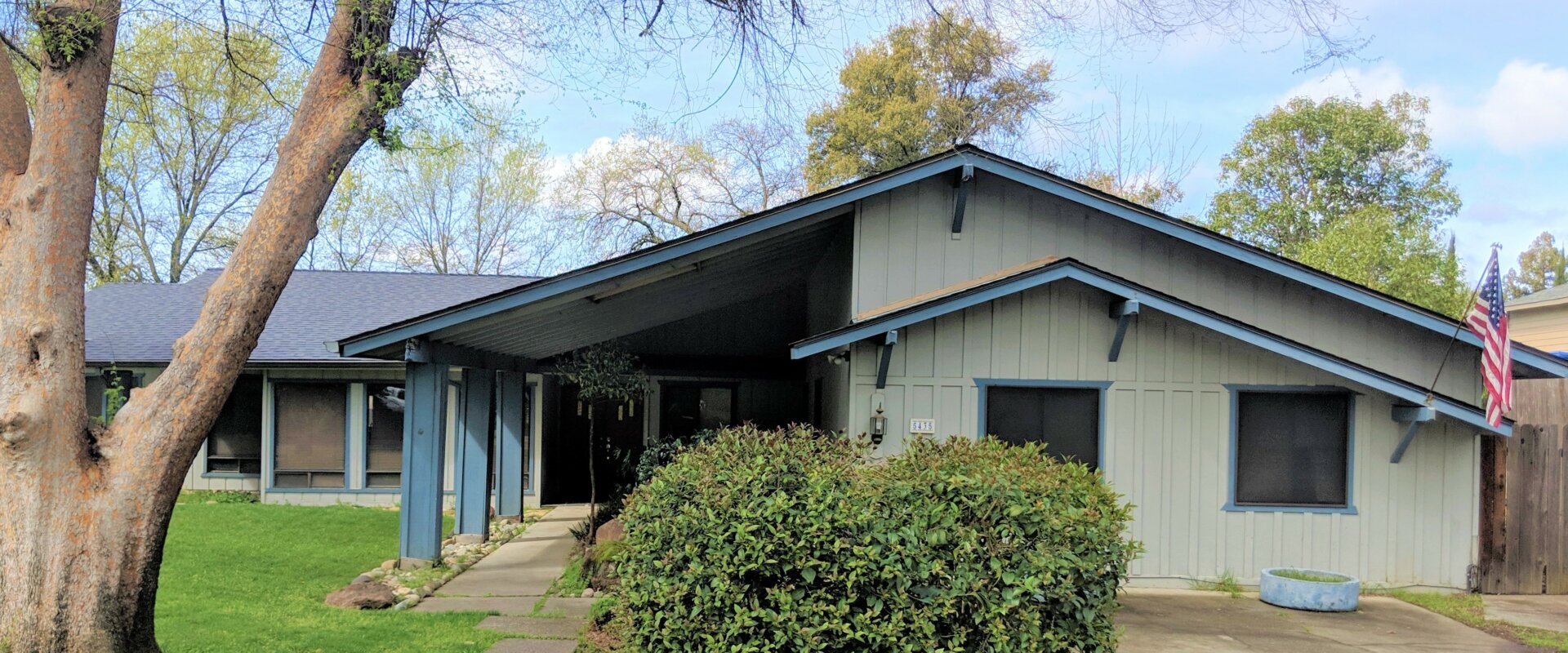It’s October, that time of year when ghosts and ghouls are all the rage and we love to dig up scary stories to tell our friends. But would we want to live on the site of a famous supposed haunting or the place where a crime occurred? And, if you’re selling a haunted house, do you have to say so?
In California, you may be surprised at how many disclosures you have to make when you sell your property to a new owner. And some of them involve some pretty spooky topics. Whether you’re selling your home around Halloween, when tales of headless horseman are all the rage, or in the middle of the summer — here are some of the more macabre disclosures you need to make.
1. Death on the Property
In Sacramento, you must let a potential buyer know if a death has occurred on the property within the last three years. According to Civil Code ¤1710.2, you aren’t legally required to report deaths that happened prior to that. Well, in most cases (we’ll get to that in a minute). Some buyers are simply too creeped out at the thought of living in a home where they know someone recently left the mortal coil. If you hide such information, you could end up in legal hot water later.
2. Paranormal or Weird Happenings
Now, what if you know that no one died on your property for the last three years but there is a transparent woman who wanders the halls at 1:22 am every night? Do you have to tell a buyer you’re pretty sure you’re selling a haunted house? The law considers it the obligation of sellers to report what are officially known as “material facts.” That is, any fact important enough to inform a buyer’s decision to purchase — or not purchase — the home. A bad plumbing system is material, while being along a noisy 4th of July parade route probably isn’t (it’s just one day, after all).
Where the paranormal falls on this scale is somewhat subjective. If the weird stuff that happens in the house affects the structure of the home or creates audible noises, it may be worth mentioning it to cover your bases. On the other hand, the occasional disembodied whistling sound is not exactly a provable material problem in most cases. The lines are blurry.
3. Emotional Defects
Remember when we said you don’t have to disclose anything about deaths older than three years on the property? Since crimes and deaths could reasonably upset a potential buyer, they’re considered “emotional defects.” If someone specifically asks “Has anyone ever died here?” and you know about a murder in 1930, you have to say so.
As one law firm puts it, you may not need to worry about disclosing star-crossed lovers who died in the house many decades ago, but if a black cat walks through the walls every full moon — it could be considered an emotional defect.
So what happens if you sell a house with spooky defects and the buyer is mad? They would have to prove the house has paranormal activity and that the activity has negatively impacted the value of the home. That’s a pretty difficult standard to meet. While hauntings are an emotional defect, it’s ultimately up to a superstitious buyer to ask pointed questions about any potentially paranormal problems with the house. If they don’t, it’s up to you whether you want to advertise the issue.
Want to sell a house, haunted or otherwise, that isn’t doing well on the market? We’re here to help! We buy Sacramento houses in all sorts of conditions, and we ain’t afraid of no ghost! Contact California Family Home Buyers today to learn more about how we work with sellers to provide an all-cash offer that closes as quickly as seven days.

